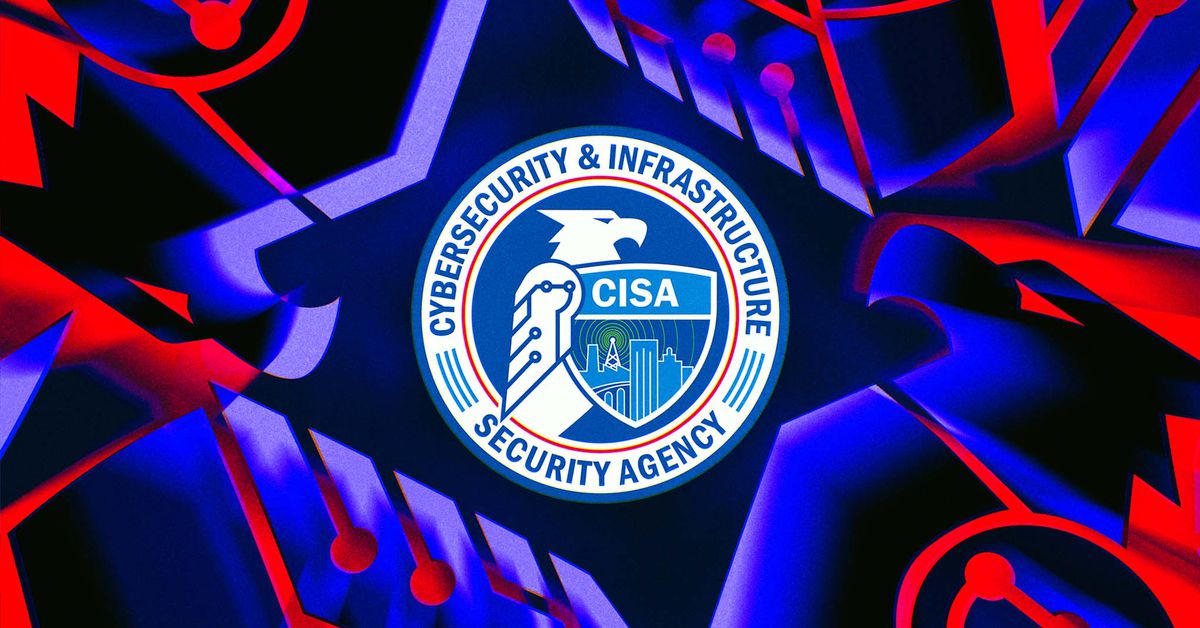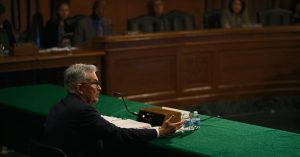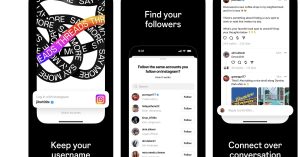
The U.S. is barred from fighting disinformation on social media
Defending the Biden Administration in the 2020 Election: What Social Media Should Consumers Think about? An Injunction, and the Supreme Court’s Case
The injunction may ban the Biden administration from talking publicly about what moderation of social media could look like.
The Plaintiffs are likely to succeed on the merits in establishing that the Government has used its power to silence the opposition. Opposition to COVID-19 vaccines; opposition to COVID-19 masking and lockdowns; opposition to the lab-leak theory of COVID-19; opposition to the validity of the 2020 election; opposition to President Biden’s policies; statements that the Hunter Biden laptop story was true; and opposition to policies of the government officials in power. All were suppressed. It is quite telling that each example or category of suppressed speech was conservative in nature. viewpoint discrimination of political speech is what makes this suppression of conservative ideas a perfect example. American citizens have the right to engage in free debate about the significant issues affecting the country.
As the Washington Post reports, Republican attorneys general in Louisiana and Missouri suing President Joe Biden, Dr. Anthony Fauci, the CDC, the Department of Homeland Security, and the National Institute of Allergy and Infectious Disease, claim that “starting in 2017 — four years before Biden was president — officials within the government began laying the groundwork for a ‘systemic and systematic campaign’ to control speech on social media.”
The New York Times had a statement from an unnamed White House official that said, “Our consistent view is that social media platforms have a critical responsibility to take account of the effects their platforms are having on the American people, but make independent choices about the information they present.”
The electoral integrity partnership and the Virality Project are two groups that focus on social media that are barred from working with those named in the suit.
Even before this ruling, social media companies had already been backing off policies about COVID-19 and election integrity as they have come under pressure from Republican politicians and conservative activists — suggesting how politicized this topic has become and will continue to be.
The Biden administration could appeal the ruling, and the case may ultimately make it to the Supreme Court. The White House criticizes tech companies for not doing enough to combat false and misleading claims about public health and elections. The current conservative-leaning Supreme Court has ruled in favor of First Amendment rights over other considerations recently, including siding with a web designer who did not want to have to work with same-sex couples.
“I know it’s a matter of the paranoia of the conservative groups that they’re being victimized by shadowy agents and the government,” he says. “But these are not one-sided partisan issues here. Everyone should be concerned about these issues.
But she says Doughty’s ruling is “painting with a very broad brush and saying any and all contact is really problematic. And I think that that goes too far and will have dramatic ramifications for the way that these platforms operate.”
Douek says it’s legitimate to ask about the relationships between platforms and the government and how to balance the government’s interest in promoting accurate information against the threat of governmental overreach.
Social media companies have a wide range of relationships with governments, she says, from informal conversations to formalized reporting mechanisms to regular private meetings. After the election, officials worried that false and misleading social media posts could erode trust in vaccines and public health experts, so the interactions accelerated, reflecting criticism that tech platforms had not done enough to combat Russian efforts to interfere in the presidential race.
The government’s ability to fight disinformation online has suffered a legal setback that experts say will have a chilling effect on communications between federal agencies and social media companies.
The ability of the government to work with social media companies to address false and misleading claims about vaccines and other issues could be affected by a federal district judge’s ruling on Tuesday.
The AGs’ argument ties into a larger Republican narrative that conservatives are being censored on social media for their views. Democrats have faulted the platforms for not doing enough to police misleading and false claims, hate speech, and incitement to violence.
Evelyn said that it was “hard to think of a more sweeping ruling” in regards to the regulation of online speech.
The injunction prevents a lot of federal government employees from communicating with private platforms about their services, according to Douek. She notes that while there are exceptions for certain types of criminal content, overall, the “clear message is to have this sort of chilling effect on communication between the government and platforms.”
There are also a couple of pretty broad exceptions: Exercising “permissible public government speech promoting government policies or views on matters of public concern” is permitted, as is interacting with social media companies about posts that are not protected free speech.
Yes. It lists Facebook/Meta, Twitter, YouTube/Google, WhatsApp, Instagram, WeChat, TikTok, Sina Weibo, QQ, Telegram, Snapchat, Kuaishou, Qzone, Pinterest, Reddit, LinkedIn, Quora, Discord, Twitch, Tumblr, Mastodon “and like companies.”
What is the $64,000 question? — Mark MacCarthy, tech policy expert and senior fellow on “The Biden administration’s attempts to silence unscientific information about public health and elections”
Mark MacCarthy, a tech policy expert and senior fellow, says that it is clearly the $64,000 question. He notes that the kind of content identified in the lawsuit is protected speech.
He says the speech involved was clearly protected by the First Amendment. “It was statements about whether the election was fraudulent or accurate. It was about vaccine efficacy or not. The unscientific answers to those things are protected speech.
The Biden administration isn’t telling social media companies how to handle certain issues, but it is trying to spread accurate information about public health and elections, and stop the spread of illegal material such as terrorism.

